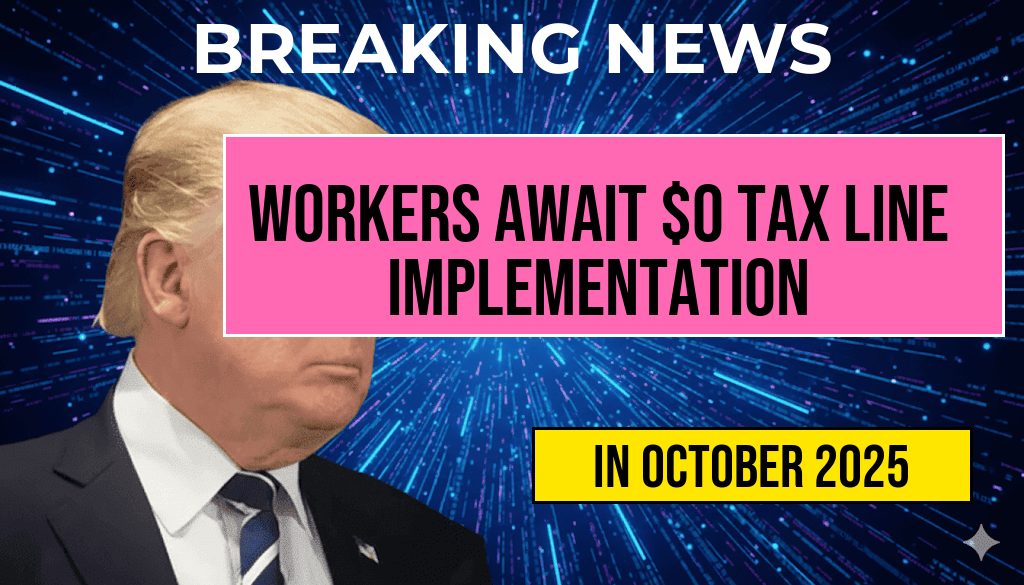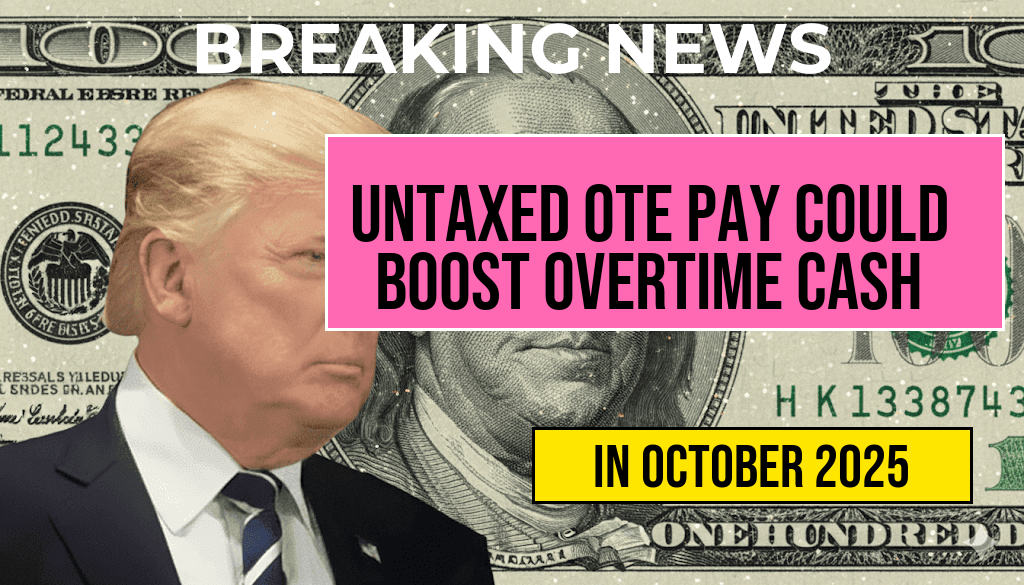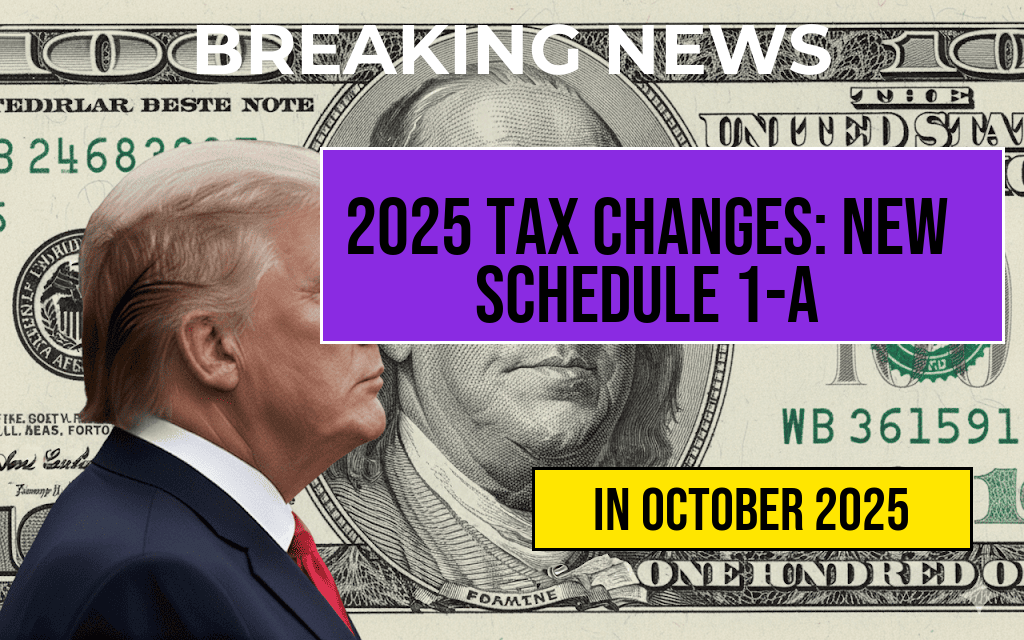Amid ongoing budgetary constraints, millions of tax refunds are facing significant delays as the Internal Revenue Service (IRS) grapples with staffing shortages due to a government shutdown. Furloughed IRS employees are unable to process returns or respond to taxpayer inquiries, leading to mounting frustration among taxpayers who rely on timely refunds. The situation is exacerbated as the IRS has announced that it will continue to provide certain services at no cost, despite the lack of staff. With the tax filing season approaching, the ripple effects of the shutdown are raising concerns about the agency’s ability to manage the increasing workload.
Current Status of IRS Operations
The IRS is a critical agency responsible for collecting taxes and issuing refunds. However, with a significant portion of its workforce furloughed, many operations have slowed dramatically. According to reports, the agency is operating at less than half capacity, which poses challenges for both employees and taxpayers alike. The shutdown has left many employees without pay, further complicating their ability to manage personal finances.
Impact on Tax Refunds
As of late October 2023, millions of taxpayers are waiting for their refunds, with no clear timeline for when they might be processed. The IRS has indicated that it is prioritizing essential functions but acknowledges that the backlog of unprocessed returns continues to grow. Many taxpayers rely on these refunds to cover essential expenses, making the delays particularly concerning.
IRS Services Available During the Shutdown
Despite the challenges posed by the shutdown, the IRS has committed to providing some services at no cost to the public. These services include:
- Basic tax information and guidance through the IRS website.
- Limited phone support, although wait times may be significantly longer than usual.
- Access to online tools for checking the status of refunds, although updates may not reflect current processing delays.
While these services aim to assist taxpayers during the shutdown, the reality remains that many inquiries may go unanswered due to the reduced workforce.
Understanding the Government Shutdown’s Broader Implications
The ongoing government shutdown is not just affecting the IRS but is also impacting various federal agencies and services. The situation has sparked debates over budget allocations and the need for comprehensive fiscal reform. Lawmakers are under pressure to come to a resolution, but political gridlock has made progress difficult.
Taxpayers’ Reactions and Concerns
Many taxpayers have expressed their frustration through social media and community forums, sharing stories of financial strain due to the delayed refunds. Some individuals report having to postpone essential purchases, while others are struggling to meet monthly bills. The lack of communication from the IRS has only added to the anxiety surrounding the situation.
Future Outlook for IRS Operations
The IRS has stated that it is doing everything possible to address the backlog as quickly as it can once the furlough ends. However, without a resolution to the government shutdown, uncertainty looms large for both employees and taxpayers. Financial analysts suggest that the delays could have a longer-term impact on consumer spending, particularly in the retail sector, where tax refunds often play a critical role in the holiday shopping season.
What Taxpayers Should Know
For those awaiting refunds, here are some key points to consider:
- Utilize the IRS website for updates and information.
- Be prepared for extended wait times when attempting to contact the IRS.
- Consider alternative financial strategies to manage expenses during the delay.
Conclusion
The current government shutdown has created a complex web of challenges for the IRS and taxpayers alike. As millions of refunds remain delayed, the urgency for a resolution grows. The potential long-term effects on both individual finances and the broader economy are yet to be fully understood, but the situation demands attention from lawmakers and taxpayers alike.
For more information on the IRS and the ongoing government shutdown, you can refer to the IRS Wikipedia page and the Forbes article on shutdown impacts.
Frequently Asked Questions
What caused the delay in refunds for millions of taxpayers?
The delay in refunds is primarily due to the shutdown affecting the IRS, which has resulted in many furloughed staff being unable to process tax returns and issue refunds.
How does the IRS shutdown affect tax services?
The IRS shutdown has led to a significant reduction in operational capacity, meaning that many tax services that typically operate at no cost are unable to function effectively, impacting taxpayer assistance and refund processing.
Will taxpayers receive their refunds eventually?
Yes, although the refunds are delayed, the IRS has indicated that they will process and issue refunds once the shutdown is resolved and staff return to work.
What should taxpayers do if they have questions about their refunds?
Taxpayers are advised to remain patient during this period and check the IRS website for updates, as many services are currently unavailable due to the shutdown.
Are there any alternatives for taxpayers needing assistance?
While many traditional tax assistance services are affected by the shutdown, taxpayers may explore community resources or online forums for guidance, but official IRS support may be limited during this time.








